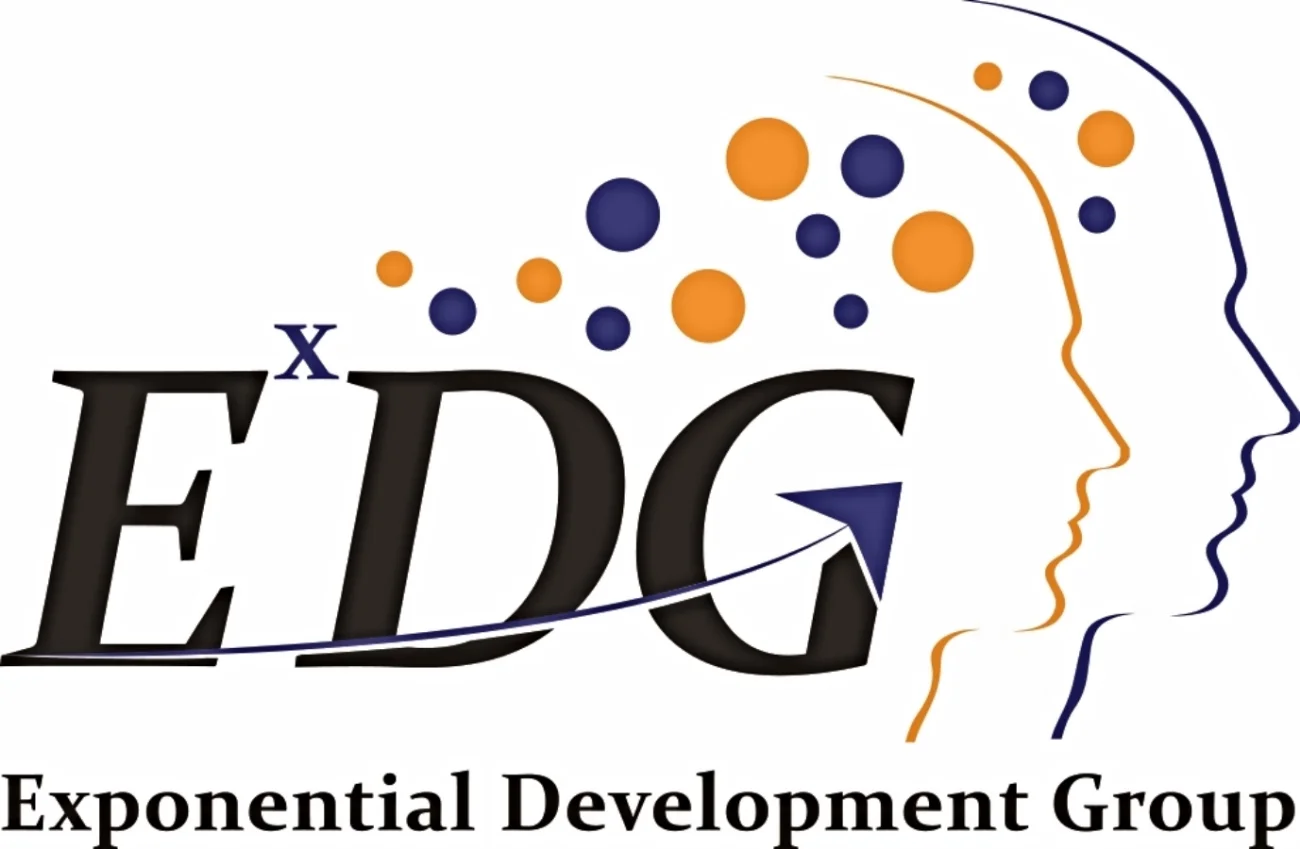Take Ownership of your SCARF
We all can recall a time when something was askew with our clothing, part of our lunch was stuck in our teeth or we said something that was poorly timed or delivered.
In those moments, what we needed was a caring individual to point it out and help us course-correct. Then, there are those moments when we are triggered (consciously or unconsciously) by occurrences that threaten our needs. These triggers are often difficult for others to detect, which means we have to be accountable and aware on our own. In his book, Your Brain at Work, David Rock outlines our five primary needs at work through the SCARF model (Status, Certainty, Autonomy, Relatedness, Fairness). Take a moment to read through the possible triggers I’ve described below and reflect on those moments when you felt that your needs were threatened.
Status - taking on extra responsibilities at work, although you don’t actually have time for them; feeling disrespected/undervalued when you weren’t appreciated publicly for your individual contributions, even though you claim to value team wins; leveraging/flexing your job title or tenure to get compliance when building meaningful relationships would lead to buy-in and partnership.
Certainty - critiquing otherwise great ideas because every detail of the plan isn’t sketched out; judging the leadership of others because of your own inability to befriend ambiguity; misreading shifts in deadlines or project targets as personal attacks on your work instead of seeing the business/client needs for doing so; misinterpreting a lack of strategy for a lack of expertise.
Autonomy - assuming working alone will always lead to better results (see The Pitfalls of Doing); mistaking progress check-ins on your work as micromanagement; reminding junior colleagues that you are the lead on a project; becoming a bottleneck because you require all final decisions come through you; confusing autonomy with power (similar to status).
Relatedness - misconstruing being liked for being perceived as competent; avoiding conflict to sidestep any chance of upsetting others; missing opportunities to draw appropriate boundaries; sacrificing your time and energy to secure future goodwill and favors that are not guaranteed; substituting a vast contact list for a smaller, more reliable network.
Fairness - misreading a colleague’s promotion as an affront to your commitment; botching access to influence and opportunities because you refuse to “play office politics”; requesting a raise while the organization is in the midst of budget cuts/layoffs; assuming not having your idea adopted as unfair instead of soliciting feedback to sharpen your pitch.
So, leaders...are you taking ownership of your SCARF? What steps will you take when your SCARF needs are threatened? And, most importantly, can you sharpen your emotional intelligence and awareness to help others notice when their SCARF needs are present? When our thoughts and behaviors are drawing us away from who we desire to be, we just need a caring individual (namely ourselves) to extend us some grace and help us course-correct. Remember that we are all human and we have human needs. Awareness, not perfection, draws us closer to our growth as leaders.
Quote for Growth
“We often think about what’s easy to think about, rather than what’s right to think about.”

